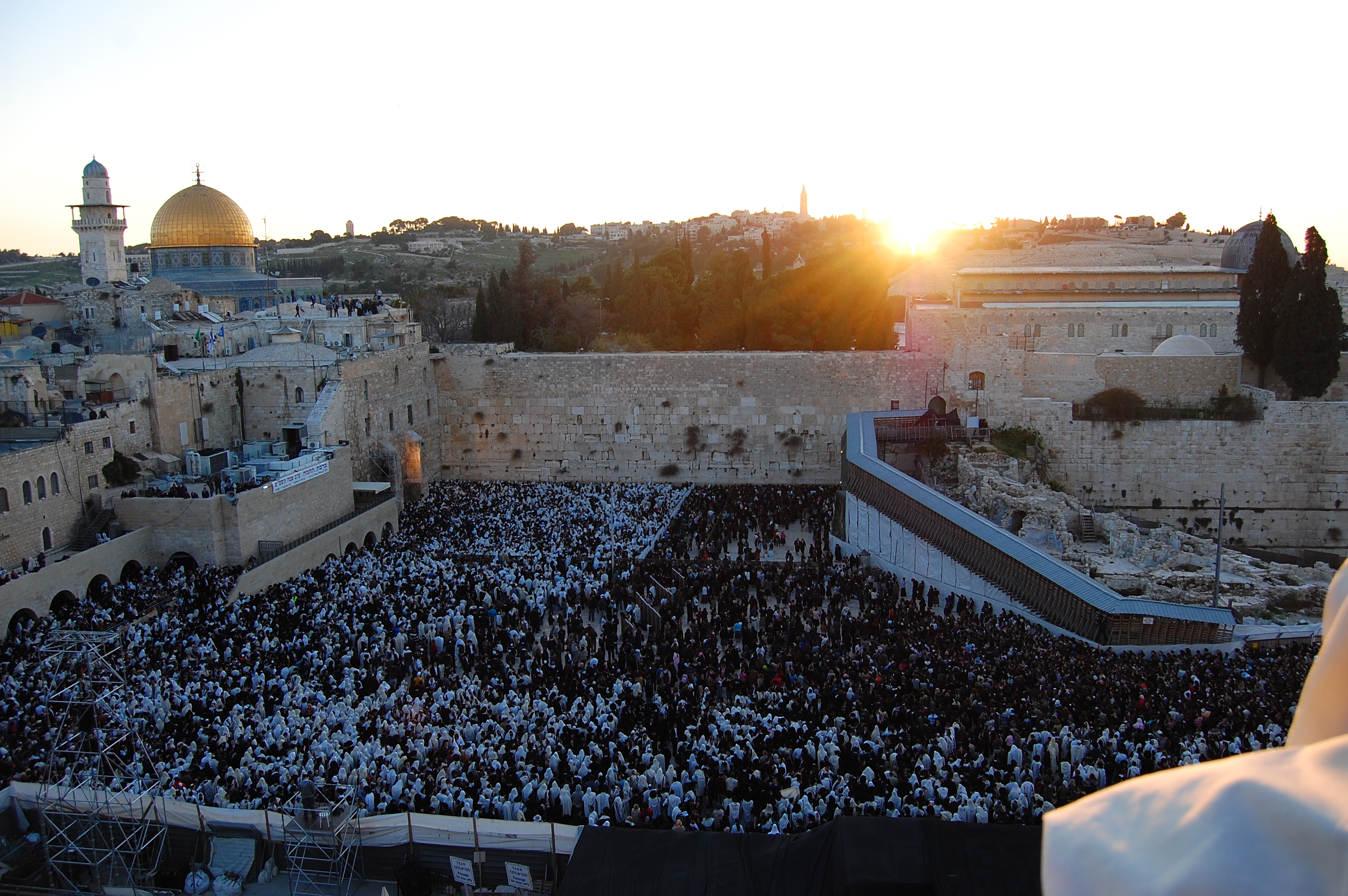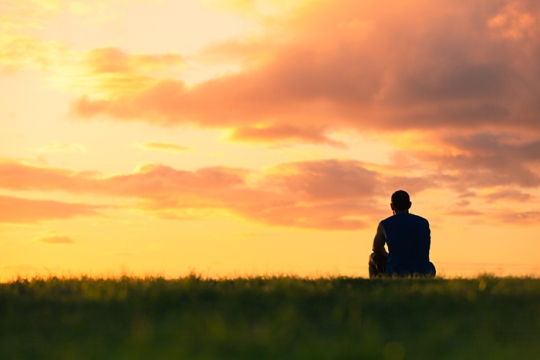
Three times a year – on Sukkot, Pesach and Shavuot – tens of thousands of men gather at the Western Wall to hear Birkat Kohanim, the priestly blessing. This triannual gathering is one of the most visible traditions associated with the three pilgrimage holidays, filling the Kotel’s plaza with worshippers. It is also a reminder of how central the Western Wall is to Jewish life, and therefore the importance of making the holy site a place where all Jews can pray according to their custom.
Women of the Wall worked to raise the profile of this important issue as Pesach approached by organizing Birkat Kohanot, an opportunity for women to participate in the rite traditionally reserved for men. The initiative received support from the Susan Bay Nimoy and Leonard Nimoy Estate, as Leonard Nimoy popularized the hand symbol from the priestly blessing as part of Mr. Spock’s benediction in Star Trek.
However, the Israeli Attorney General issued a ban on women performing the blessing, arguing that it would violate “local custom” at the Western Wall. While Women of the Wall initially accepted this decision and held a Pesach service without the blessing on April 24, they returned to the Kotel on Monday, May 9 and included Birkat Kohanot in their monthly service. While Religious Services Minister David Azoulay has asked the Attorney General to pursue legal action against the group, this appears unlikely.
This story is just one chapter in the decades-long story of the movement for an inclusive, pluralist Western Wall. The very fact that a Jewish observance could be deemed illegal because it is not in line with “local custom” should serve as a stark reminder that the Kotel needs a space where all Jewish customs will be accepted. While the Israeli government has approved a plan to recognize and enhance an egalitarian space at the Kotel, it has faced numerous delays and opposition from many Orthodox activists and politicians. We remain steadfast in our expectation that the government will uphold the commitment it made and implement this groundbreaking decision as soon as possible. You can learn more about pluralism at the Kotel by visiting the RAC’s Israel issue page or Women of the Wall’s website.
Feature image courtesy of Lipaphotography, Wikimedia.
Related Posts

Shabbat Message: A Galvanizing Visit to Israel That Fills Me With Encouragement

We Hold All of these Truths


